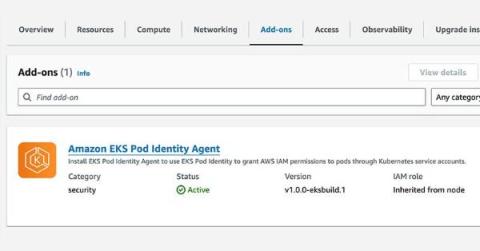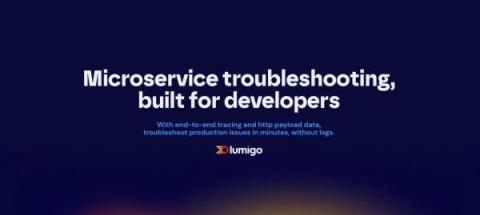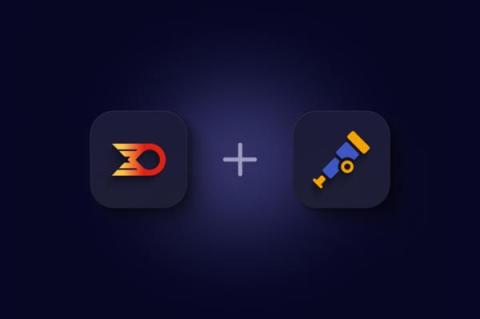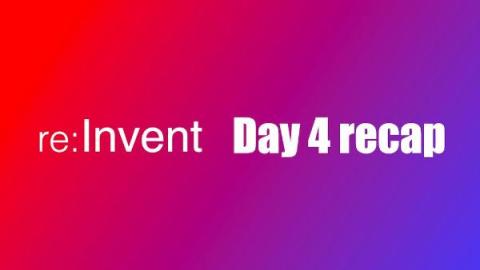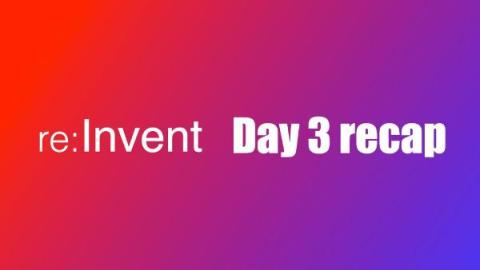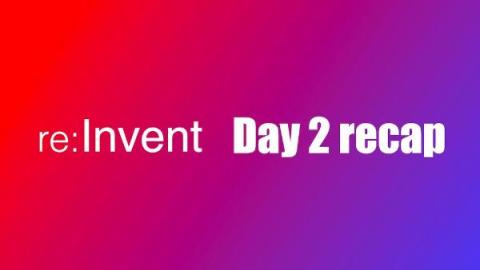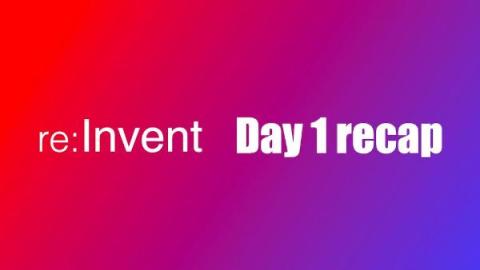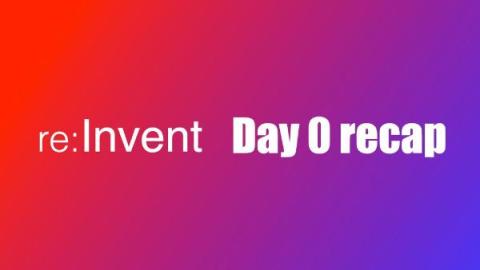Exploring the new EKS Pod Identity Functionality
One announcement that caught my attention in the EKS space during this year’s AWS re:Invent conference was the addition of the Amazon EKS Pod Identities feature. This new addition helps simplify the complexities of AWS Identity and Access Management (IAM) within Elastic Kubernetes Service (EKS). EKS Pod Identities simplify IAM credential management in EKS clusters, addressing a problematic area over the past few years as Microservice adoption has risen across the industry.


